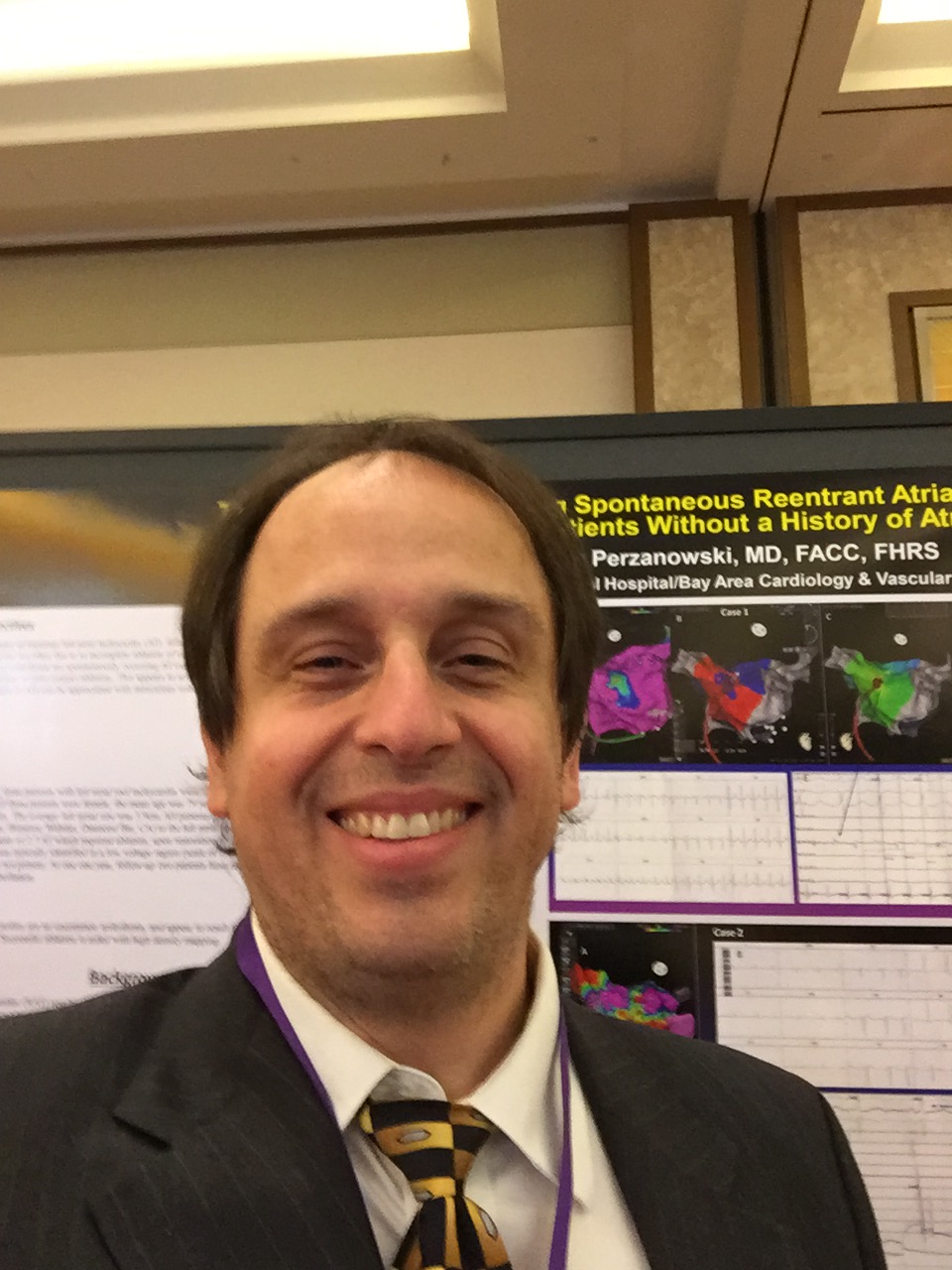“Success consists of going from failure to failure without loss of enthusiasm.” Winston Churchill
Treatment options for systemic anticoagulation (AC) have grown substantially during the last several years. One of the most common indications for AC is to reduce the risk of embolic stroke secondary to atrial fibrillation (AF). Although there are multiple reasons to anticoagulate, my column today references stroke prevention for AF. The major concern to both patients and clinicians is the risk of significant bleeding or hemorrhage. The ideal anticoagulant would effectively prevent stroke, hopefully at a low risk for bleeding and interact minimally with other agents. If required, the “perfect” agent could be easily reversed. That last caveat to perfection has proven elusive until recently.
In clinical practice, many patients will refuse AC based upon perceptions of death by uncontrollable bleeding. Notwithstanding the sensational television commercials paid for by legal firms waging lawsuits against pharmaceutical manufacturers, the thought of “bleeding out” understandably makes a reluctant patient even more apprehensive to initiate or continue AC. Nowadays, it is quite common to encounter patients who have studied the different drug options. In my experience, a common motive for rejection of AC is the absence of an antidote. Perhaps this can be better expressed in the words of one my patients… “I don’t want to bleed internally and die because they can’t stop the bleeding …”
Historically, warfarin (e.g. Coumadin) a Vitamin-K antagonist was the most commonly used agent. Widely available, the principal agent used to reverse warfarin effect is Vitamin-K itself. In 2010, the Federal Drug Administration approved Dabigatran, a direct thrombin inhibitor, as an option for stroke prevention for non-valvular AF. This agent became a popular alternative to warfarin. Strengthening its popularity, the ability to reverse and nullify its clinical effects became a reality. In the past few years, idarucizumab was developed as an antidote to dabigatran.
Further research lead to the development of Factor Xa inhibitors: rivaroxaban (Xarelto), Apibixan (Eliquis), and Edoxaban (Savaysa). Factor Xa is an important step in the coagulation cascade. In fact, it is at the convergence of both intrinsic and extrinsic pathways prior to the production of thrombin1,2. Although these AC drugs share desirable clinical characteristics such as convenient dosing, the lack of any significant drug-drug interactions, this class of drugs was saddled with the potential shortcoming of being available clinically without a means to reliably counter the effects.
Andexanet Alfa has been undergoing clinical studies evaluating its role a reversal agent to the class of Factor Xa class inhibitors. Simplistically, this antidote functions as a decoy receptor3. Given the favorable data, the FDA very recently approved its use4. The presence of such an antidote has potentially broad implications: giving patients and practitioners a certain level of comfort to prescribe a novel anticoagulant knowing there exists treatment means to stop hemorrhage related to AC therapy. How much Andexanet’s presence will be able to convince an apprehensive patient to start AC remains to be seen.
References
- Ansell J. Factor Xa or thrombin: is factor Xa a better target? J Thromb Haemost. 2007;5 Suppl 1:60-4
- Perzborn E, Roehrig S, Straub A, Kubitza D, Misselwitz F. The discovery and development of rivaroxaban, an oral, direct factor Xa inhibitor. Nat Rev Drug Discov. 2011;10:61-75
- Connolly SJ1, Milling TJ Jr, Eikelboom JW, Gibson CM, Curnutte JT, Gold A, Bronson MD, Lu G1, Conley PB1, Verhamme P1, Schmidt J, Middeldorp S1, Cohen AT, Beyer-Westendorf J, Albaladejo P, Lopez-Sendon J1, Goodman S, Leeds J, Wiens BL, Siegal DM, Zotova E, Meeks B, Nakamya J, Lim WT, Crowther M; ANNEXA-4 Investigators. Andexanet Alfa for Acute Major Bleeding Associated with Factor Xa Inhibitors.N Engl J Med. 2016;375:1131-41 4.https://www.thepharmaletter.com/article/fda-approves-andexxa-first-antidote-for-the-reversal-o f-factor-xa-inhibitors

Christian Perzanowski is an electrophysiologist in Tampa, FL. His main interests are in ablation techniques for atrial fibrillation and device therapy for congestive heart failure. He reports no conflicts of interests.

Crabtree, NC (1/18 CP)